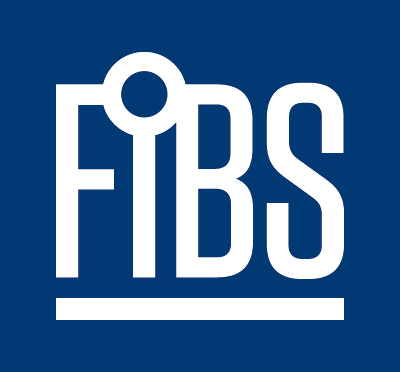In the third session of the FIBS Focus Business & Human Rights training you will learn
- The trends and tools that are currently shaping best practice for human rights reporting
- What is expected of a company’s human rights reporting and how can your company demonstrate that it respects human rights?
- How should a company report on its most salient human rights risks?
- Reporting frameworks, such as the UN Guiding Principles Reporting Framework and GRI
- Best practices from the leading Human Rights reporters
- Investors’ expectation on human rights disclosure
Human rights matter to business because shareholders, investors, governments and civil society expect companies to respect human rights. Companies are increasingly held accountable on human rights performance in their daily operations, supply chains and business relationships. Businesses associated with human rights harm experience financial, legal, reputational and stakeholder relations risks. Reputational risks include being condemned in global media, and allegations spread fast over social media. Nevertheless, businesses that take on the responsibility to respect human rights are increasingly being rewarded for their good behaviour.
On the other hand, companies that get it right sustain their social license to operate, build up their brand and support communities’ well-being. Ethical investors are satisfied, stakeholder relations improve, licences are awarded and customers reward good behaviour.
An emerging trend among global leading companies is to report on salient human rights issues; in other words, those human rights risks that are potentially the most severe for the business activities. The UN Guiding Principles Reporting Framework and GRI are offering guidance on reporting on human rights risks and impacts.
Practicalities
Members sign up for a year to attend all 4 sessions included in this Focus group. The sessions are structured around three main elements: training, inspiration and sharing as well as networking opportunities. Two sessions will be organized during the spring and two in the autumn:
- 20.2. Why an organization such as yours should work strategically, and with a systematic approach to human rights
- 29.5. What works in integrating human rights into company operations and how to best ensure human rights due diligence is being carried out attentively
- 11.9. Trends and tools that are currently shaping best practice for human rights reporting, and Sustainable Development Goals (SDGs) and the Human rights agenda
- 3.12. How to manage a human rights crisis and how to avoid such crisis with diligent supply chain management
Facilitators
Annelien Van Meer is the Managing Director of Enact Sustainable Strategies in The Netherlands. Annelien has over ten years of experience in project management and training programs in areas such as sustainable business, human rights and transparency. She is a very experienced trainer, lecturer and facilitator in areas such as responsible leadership, integrated reporting, sustainability reporting, child labour and human rights. Annelien has in-depth experience in working for both investors and companies on human rights due diligence.
Thomas Trier Hansen has more than 20 years of professional experience with human rights and labor related issues in the Nordics as well as internationally from working in more than 45 countries in Latin America; Africa; Europe and Asia. He has vast experience with human rights risk mapping and assessments and is regularly carrying out assignments for the EU as an expert on human rights. Thomas is also a member of the GRI stakeholder council and an expert member of the OECD National Contact Point in Denmark.
As external speakers, you will hear Tytti Nahi, Advocacy Manager at Fairtrade Finland, and Antti Savilaakso, Partner & Head of SRI Research at Auriel Equity Investors.
Further information
Miira Kokkonen, 044 367 3632, miira.kokkonen(at)fibsry.fi

